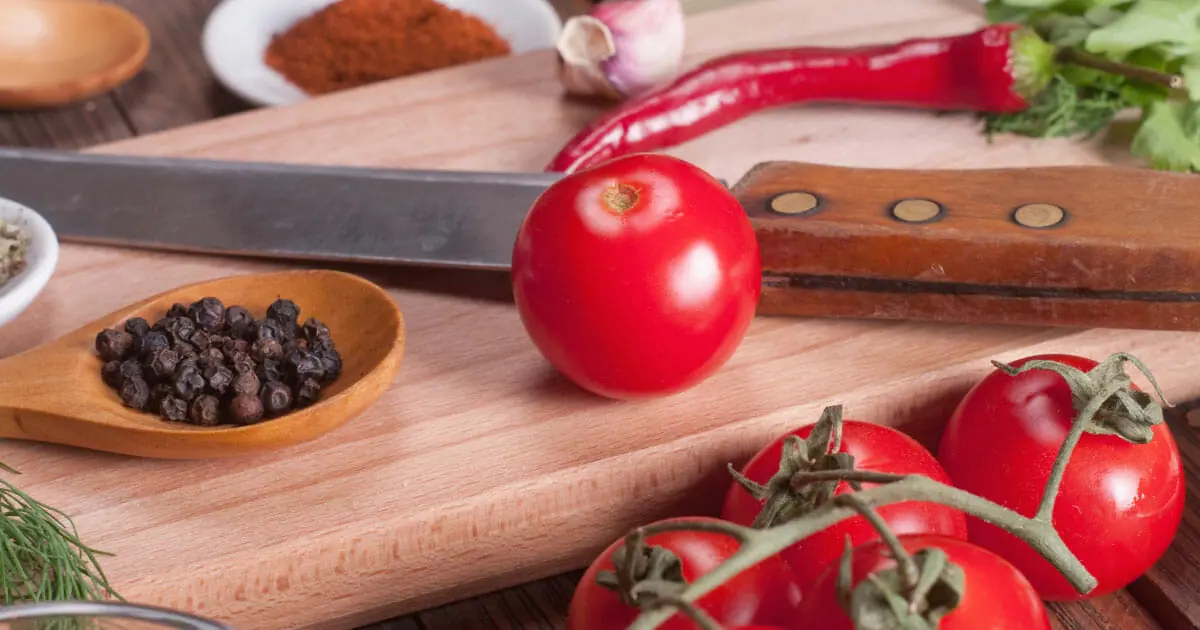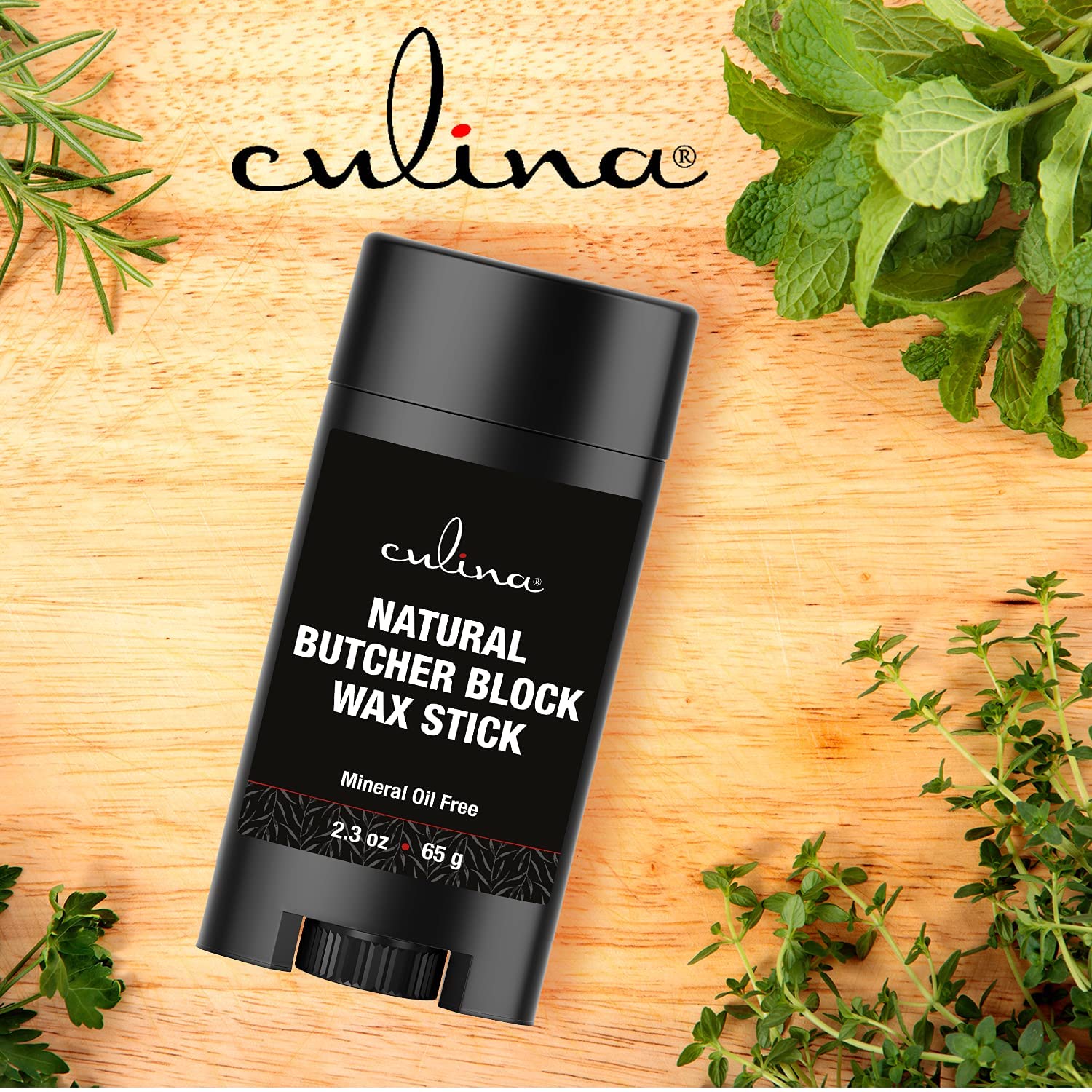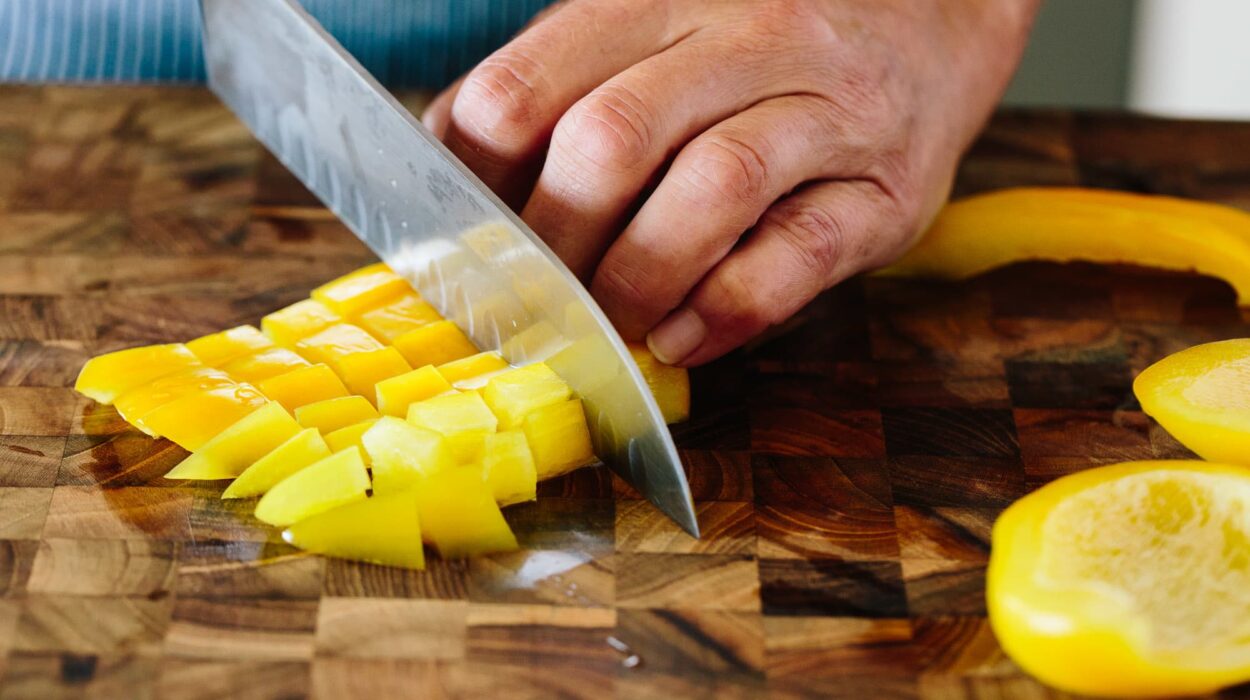A kitchen essential you cannot overlook is the cutting board. But what is cutting board made of? This question intrigues many, from culinary professionals to home cooks. Understanding the materials used in cutting boards can tremendously impact your cooking experience.

The Evolution of Cutting Boards
The journey of the cutting board spans centuries. Historically, people used simple materials like wood and stone. As technology advanced, so did the variety of materials, bringing tremendous improvements to the kitchen landscape.

Wooden Cutting Boards
Characteristics of Wooden Cutting Boards
Wooden cutting boards are a classic choice, known for their durability and aesthetic appeal. They come in different wood types like maple, walnut, and cherry.
Benefits of Wooden Cutting Boards
- Durable and long-lasting
- Gentle on knives
- Each piece is unique
Maintenance of Wooden Cutting Boards
Regular seasoning with mineral oil is necessary. Refer to this cleaning guide for more tips on keeping your cutting board hygienic.

Bamboo Cutting Boards
Advantages of Bamboo Cutting Boards
Bamboo is a sustainable material, making bamboo cutting boards an eco-friendly option. They are also lightweight yet remarkably sturdy.
Drawbacks of Bamboo Cutting Boards
Despite their merits, these boards can be harsh on knives and may require more frequent replacements.
Plastic Cutting Boards
Features of Plastic Cutting Boards
Plastic cutting boards are popular due to their versatility. They are available in multiple colors, aiding in preventing cross-contamination in kitchens.
Pros of Plastic Cutting Boards
- Easy to clean
- Dishwasher-safe
- Affordable
Cons of Plastic Cutting Boards
However, over time, deep knife marks can harbor bacteria. Learn more about maintaining plastic boards by visiting this maintenance guide.
Glass Cutting Boards
Why Choose Glass Cutting Boards?
These offer a sleek, modern look to kitchens. They are non-porous, making them exceptionally hygienic.
Why Avoid Glass Cutting Boards?
Despite their advantages, glass boards are harsh on knives and prone to chipping.
Composite Cutting Boards
What are Composite Cutting Boards?
Made from a blend of wood fibers and resin, these boards are durable and resistant to water.
Benefits of Composite Cutting Boards
- Highly durable
- Knife-friendly
- Heat-resistant
Drawbacks of Composite Cutting Boards
They are more expensive and heavier than other options. Get more insights here: composite cutting boards guide.
Rubber Cutting Boards
Advantages of Rubber Cutting Boards
Rubber cutting boards offer a unique blend of flexibility and hardness, making them an invaluable addition to any kitchen.
Maintenance of Rubber Cutting Boards
Rubber boards require minimal maintenance. A regular wash with warm soapy water suffices.
Sustainability in Cutting Boards
Choosing the Right Board
Opting for eco-friendly materials like bamboo or responsibly sourced wood contributes to environmental sustainability.
Expert Opinions
What Chefs Say
Many professional chefs prefer wooden boards for their durability and knife-friendliness. Others opt for plastic boards in commercial kitchens due to their ease of maintenance and affordability.
Cost Analysis
Comparing Prices
Whether you invest in a high-end wooden board or an affordable plastic one, each type has its merits and demerits. Choose based on your specific needs and budget.
FAQ Section
Are wooden boards safe for meat?
Yes, but ensure regular cleaning to prevent bacterial growth.
How often should I replace my cutting board?
When it develops deep grooves that are difficult to clean.
What’s the best way to clean a wooden board?
Use warm soapy water, and occasionally, a vinegar solution for deeper cleaning.
Conclusion
Understanding what is cutting board made of helps you make an informed decision that suits your cooking style. Each material offers its benefits and drawbacks, so choose wisely to enhance your kitchen experience. For more on this topic, visit this external link.
As an Amazon Associate, I earn from qualifying purchases.


